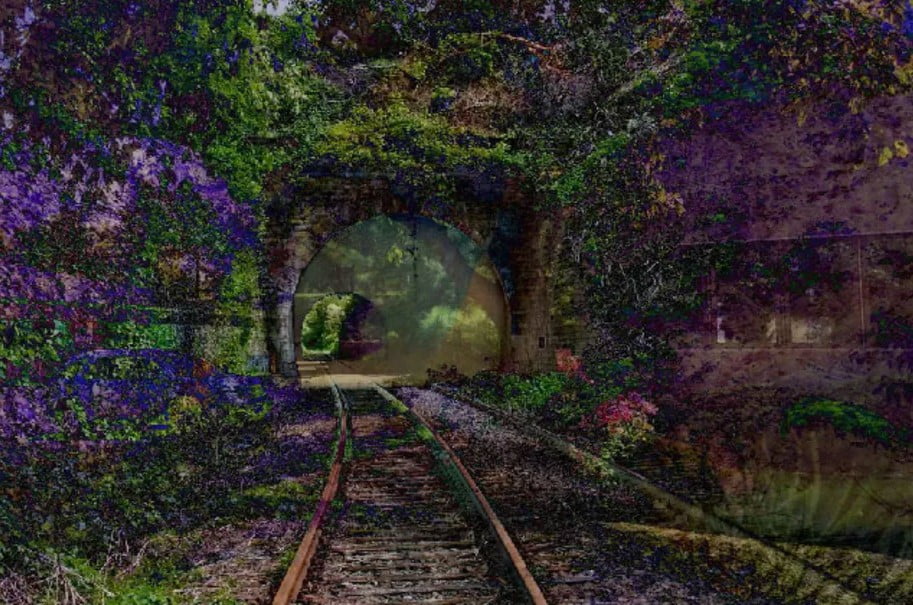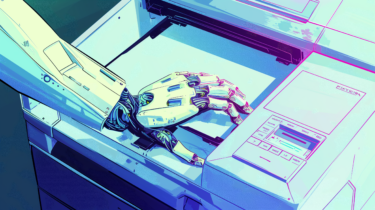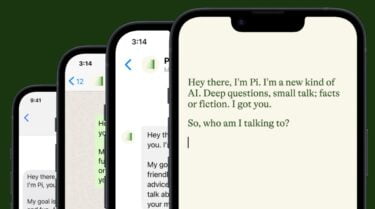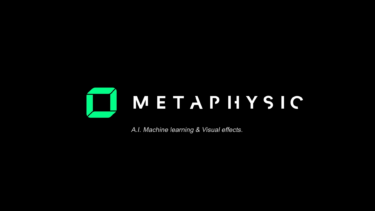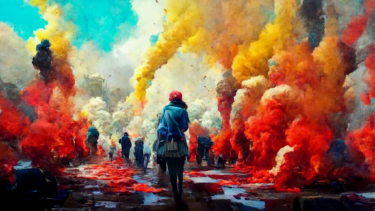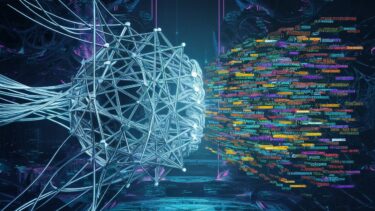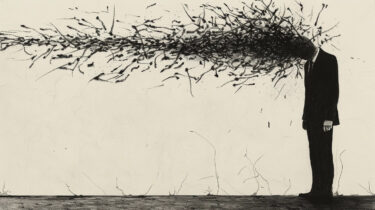Inventor Stephen Thaler fails in another attempt to copyright AI systems that produce results with almost no human involvement.
Generative image AI systems have advanced tremendously in recent years. Quality is increasing, computational requirements are decreasing - generative AI art apps now even run on smartphones.
The systems are well on their way into everyday work, for example for design, art and development studios. At present, the output of the systems can serve as a source of inspiration, and one day perhaps even as a substitute for human labor.
But who actually holds the copyright to an AI-generated image? The human who pushes the button? The team that developed the AI? The AI itself?
The human mind and creative expression
For years, AI inventor Stephen Thaler has been suing in international courts to grant AI the right to patent an invention or copyright a work of art. Thaler is a member of the lobby group "The Artificial Inventor Project", which wants to enforce patents for AI systems. Most recently, Thaler and his team failed in courts in the US and UK.
Now he's facing another setback: The US Copyright Office has re-evaluated a 2019 case in which Thaler tried to copyright the work "A Recent Entrance to Paradise" (see cover image) by his generative AI "Creativity Machine."
The board again rejected Thaler's claim, confirming previous assessments. The board emphasizes that “the nexus between the human mind and creative expression” is fundamental to granting a copyright to a creative work.
Thaler's goal: AI should be recognized as a creative entity
The pattern in this case is similar to Thaler's patent litigation. The jurors and courts are open in principle to granting a patent or copyright to the interaction of AI and humans - and thus to recognizing the creative power of generative AI.
But only if there is human-machine cooperation, in the sense that the human is the author and the machine is the tool. A scenario that the copyright authority does not see as given in the case of the image.
"The courts have been consistent in finding that non-human expression is ineligible for copyright protection," the US Copyright Office said, citing previous rulings. The authority also rejected Thaler's attempt to enforce AI as a type of contractor ("work for hire"), saying AI cannot enter into contracts.
But recognizing AI as a tool is not enough for Thaler. The inventor wants his AI systems, which according to Thaler act almost without human influence, to be recognized as an independent creative entity. He has failed with this claim in many of his lawsuits so far but has been proven right in courts in Australia and South Africa. He and his team intend to continue filing lawsuits.
Rights of and in dealing with AI systems are therefore likely to keep international jurisprudence busy in the coming years - and not only because of Thaler's lawsuits. Also, generative AI is getting better and better and could further automate creative work.
